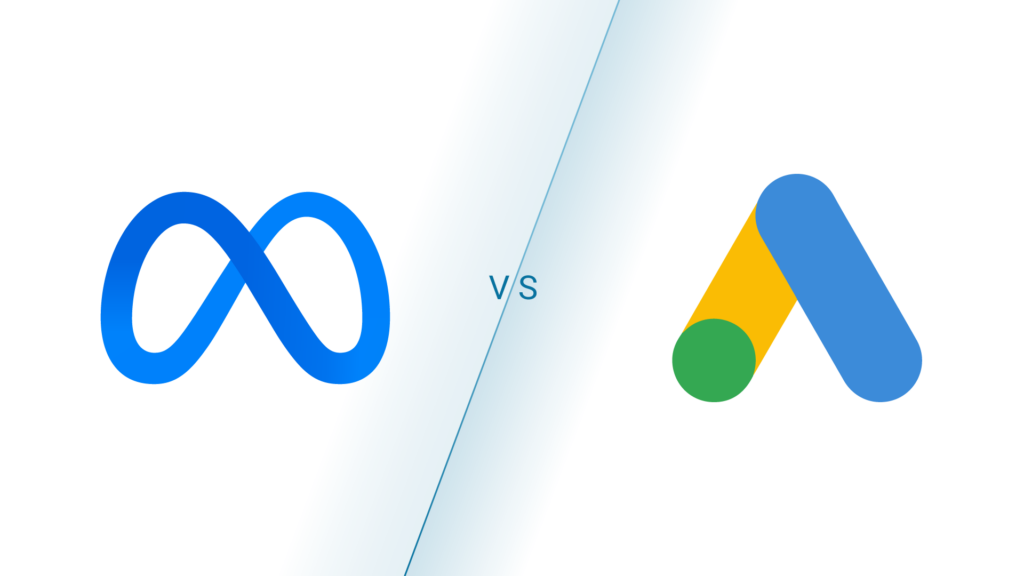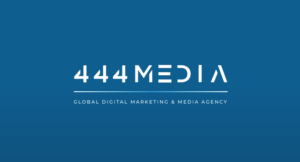If you own an online business, or sell content on a digital platform, then implementing certain SEO practices will boost website traffic and attract your target audience more effectively. Although it’s a fairly technical process, as a beginner, you can benefit by taking a few small steps towards improving your website’s SEO. In this blog, we share the basic principles, and how you can build a strong foundation for optimizing your website. Don’t worry, it’s not rocket science!
How Search Engine Optimization Works
Search engines are like giant libraries with complex filing systems. Their job is to find the most relevant and valuable information for a user’s query. SEO helps your website become a well-organized shelf in that library, easy for search engines to understand and recommend to users. A well optimized website will rank higher on search results, and appear more often in appropriate and specific search results. What does this mean? Well, if your business sells oranges, it should ideally show up when someone searches for oranges, maybe lemons but definitely not apples. This way people find you when it’s appropriate and relevant. So how do you actually implement SEO-friendly practices?
Non-Technical Search Engine Optimization for Beginners
Even without a technical background, there’s plenty you can do to improve your website’s SEO. Taking these simple steps can keep your brand ahead of the curve, and prepare your website for potentially advanced SEO methods in the future:
- Keyword Integration: Sprinkle your target keywords throughout your website’s content, titles, descriptions, and headings, but naturally, avoiding keyword stuffing. Search engines are always trying to improve the user’s experience so no matter what, always prioritize usefulness for the reader. Make sure the content you put up on your website is useful, informative and updated.
- Meta Magic: What is meta data? Meta titles and descriptions are the snippets that appear under your website listing in search results. Each page should have its own metadata, edited to comply with the search engine’s guidelines. These descriptions should entice users to click on your website. This information needs to be copied into the back-end framework of your website.
- The Power of Links: Backlinks, where other websites link to yours, act like votes of confidence for search engines. Encourage others to link to your valuable content by guest blogging or creating shareable infographics. Backlinks should be embedded on keywords, and can even link to pages within your website.
Getting Started with Search Engine Optimization: Building a Strong Foundation
Before you begin website optimization for your business, you need to have a few things in place.
-
Know Your Audience:
Who are you trying to reach with your website? Understanding their search intent (what information they’re looking for) is crucial.
-
Keyword Research:
What terms would your ideal audience type into a search engine to find your website? Brainstorm relevant keywords and research their search volume and competition. Tools like Google Keyword Planner and SEMRush can help you here.
-
Content is King:
Create high-quality, informative content that addresses your audience’s needs. Focus on providing value and answering their questions in a clear and engaging way.
-
Website Optimization
: Make sure your website is user-friendly and easy to navigate. This includes having a clean design, fast loading speed, and mobile-responsiveness.
Beyond the Basics: Exploring Advanced Techniques
As you delve deeper into SEO, you’ll discover more technical aspects like that help optimize your website’s code, structure, and crawlability for search engines. Apart from implementation, it’s also important to keep pace with the ever-evolving search engine algorithms and best practices. SEO is a continuous process with long-term effects, but even these beginner-friendly steps can significantly improve your website’s visibility and organic traffic. Remember, SEO is about creating a website that’s not just search engine friendly, but also user-friendly and informative!
If you want to boost your website with advanced search engine optimization, we have an easy checklist for you to refer to. Click here to download our free checklist to see if your website needs basic or advanced SEO – either way, we’re here to help!
At 444 Media, we offer a comprehensive SEO solution that will recommend a customized strategy and content calendar for your business. With SEO, the earlier you start, the better! So don’t wait, get in touch with our team for a free consultation today.





